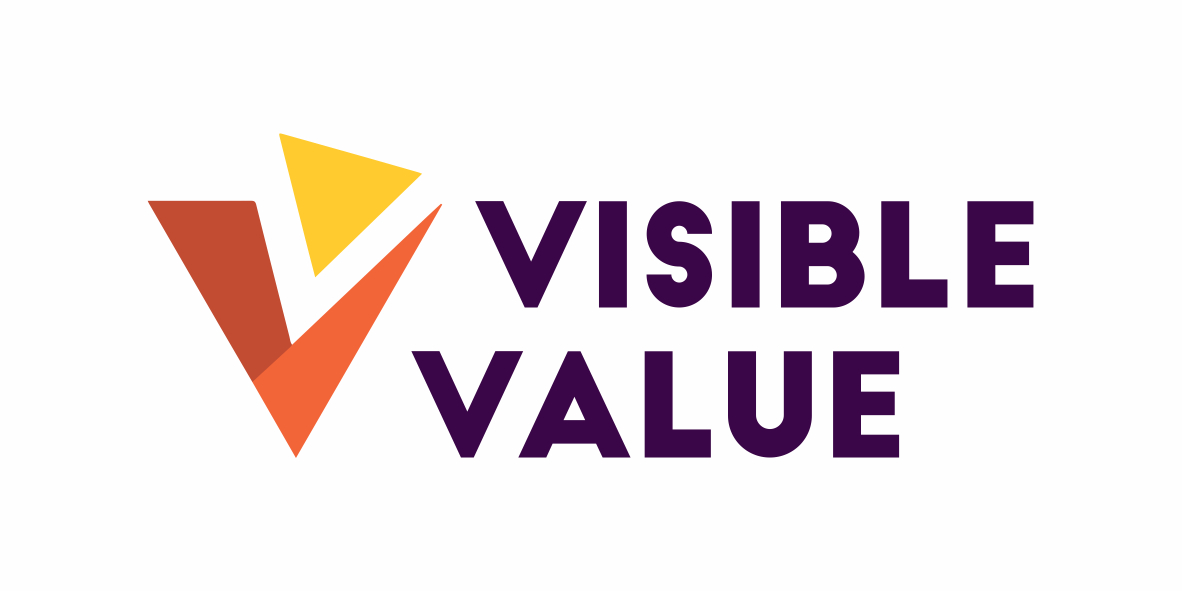Country Snapshots: Recognition of Youth Work
This section of the Visible Value aims to provide a quick overview of the state of the affairs about the recognition of youth work in the countries covered by EU-CoE Youth Partnership. In total it covers 53 country profiles (including 3 profiles for Belgium and 4 profiles for the UK).
The content in this section is based on several sources, including:
- Country reports on youth work collected by EKCYP correspondents: https://pjp-eu.coe.int/en/web/youth-partnership/country-information-youth-work
- EU Youth Wiki - an online platform presenting information on European countries' youth policies: https://national-policies.eacea.ec.europa.eu/youthwiki
- Forthcoming national contributions of the Non-programme countries to EU Youth Wiki
- An additional survey done by the editors of the Visible Value in 2021
The sources of information are indicated at the end of each profile.

- To contribute to raising standards for all and closing the performance gap between the highest and lowest achieving young people by providing access to enjoyable, non-formal learning opportunities that help them to develop enhanced social and cognitive skills and overcome barriers to learning; and
- To continue to improve the non-formal learning environment by creating inclusive, participative settings in which the voice and influence of young people are championed, supported and evident in the design, delivery and evaluation of programmes.
Priorities for Youth sets out ambitions for youth work that illustrates the document’s overarching understanding of the concept. According to the document, youth work should ‘support and encourage children and young people to mature and reach their potential as valued individuals and responsible citizens. Effective youth work helps young people to identify their personal and social development needs and involves them in shaping the services designed to meet those needs to improve both their own skills and life chances in order to create a better future for themselves and their communities. Unlike school, participation is voluntary.’
Youth Work: A Model for Effective Practice defines youth work as ‘a distinctly educational process that happens in a non-formal environment. It seeks to go beyond where young people start, to widen horizons, promote participation and invite social commitment, in particular by encouraging them to be critical and creative in their responses to their experience and the world around them.’
In both documents, there is an emphasis on inclusivity in youth work.
According to the Department of Education, youth work is composed of a voluntary sector and a statutory sector.
The Service relies on the contribution of over 20,000 volunteers (approx 90% of the youth service workforce), whose dedication, commitment and skills are vital in helping to deliver services. These volunteers make a positive difference to the lives of young people and their communities. Most individuals looking to begin working in the sector by volunteering, after which they may take the short Leadership in Youth Work course, which is accredited by the Open College Network Northern Ireland (OCNNI) awarding body at Level 1 on the Regulated Qualifications Framework (RQF). For more information about the RQF, please see the article entitled 'National Qualifications Framework' in the Eurydice Network's description of the Northern Irish education system.
Individuals must be at least 18 years old in order to work with young people as a paid employee and undertake any youth work training courses, which range from Level 1 through to Level 4. Until individuals become professionally qualified youth workers (see below), they are considered 'unqualified' youth workers and may work in positions such as Assistant Youth Support Worker, Youth Support Worker or Youth Support Worker-in-charge.
In order to become a professionally qualified youth worker, individuals must at minimum have a bachelor’s degree in youth work from a higher education institution.
All youth workers are subject to a criminal record check administered by AccessNI.
The Joint Negotiating Committee (JNC) for Youth Work in Northern Ireland is the body that ensures courses meet the required quality and standard; the North South Education and Training Standards Committee for Youth Work (NSETS) is licensed by the JNC to quality assure courses in youth work across Ireland. It is responsible for the design and application of the requirements for professional endorsement as well as the scrutiny of courses submitted for recognition.
Youth Action Northern Ireland offers the Youth Achievement Awards. These awards are designed to formally recognise young people’s participation. Through them, young people can gain a nationally recognised, accredited award for involvement in youth work activities and volunteering.
These awards are accredited by ASDAN, which is an education charity and awarding organisation whose curriculum programmes and qualifications help young people develop knowledge and skills for learning, work and life.
Progress is measured through four different levels of achievement, all based upon the amount of responsibility undertaken by the young person.
Other awards are also available, such as the Volunteering Award and Millennium Volunteers.
The Youth Achievement Awards celebrate the cultivation of the following skills competences in young people through youth work:
- Developing essential life skills such as teamwork, confidence, showing commitment, taking responsibility and leadership, managing feelings and negotiation;
- Improving learning skills such as organisation, developing progressive individual learning plans, portfolio building, planning, reflection and reviewing;
- Increasing participation in decision making, and having ownership over their activities and individual learning;
- Enabling young people to talk about and share the learning gained through their experiences with other people.
(From the Youth Wiki)

